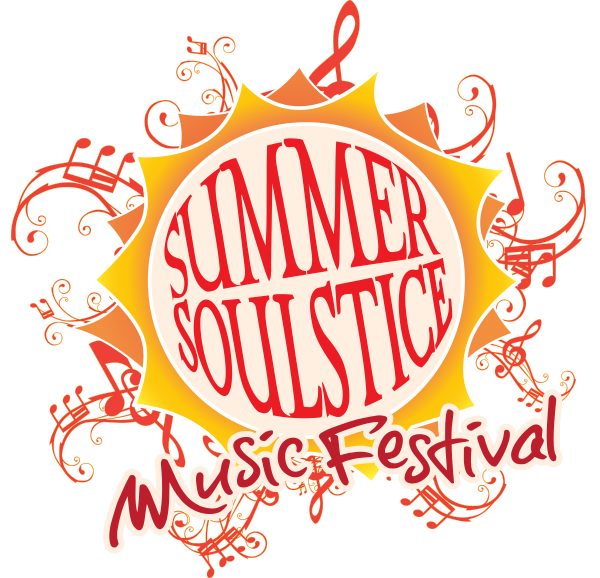

No, to add to the mix there is also a third way of determining the start of each season. If all that sounds complicated then just remember the mysterious celestial goings-on happen about three weeks after the meteorologists give the signal. How do we remember the seasonal differences? What happens until then?ĭays will continue to shorten throughout the year until December 21, due to the northern hemisphere beginning its tilt away from the sun so that we get less direct light and warmth.Īfter that they will gradually lighten and we can look forward to the spring equinox reversing the pattern with lengthening days towards next summer. The astronomical answer is September 22 when autumn takes over. The “official” start and end dates of the seasons tend to be a lot later than most people think. So, although summer traditionally starts on June 21 and autumn will start on September 22, winter can be December 21 or 22 and Spring can vary between March 19 and 21. None of the “moments” mentioned above happen at exactly the same time each year. How do the season dates compare to those of the weather forecasters? The word equinox comes from Latin and means “equal night” and day and night are roughly the same length only at these two times each year (when the sun is directly on the equator). Autumn and spring begin on the equinoxes which are the moments the sun passes south or north over the equator. The winter solstice is when it reaches its lowest (most southerly point over the Tropic of Capricorn).

Summer begins on the summer solstice - but the date of this, too, is subject to debate - and it’s marked by the longest day: the moment that direct sun reaches its highest point in the sky at noon (the planet’s most northerly point over the Tropic of Cancer). There of two each a year: a summer and winter solstice, as well as a spring and autumn equinox, which are the transition points between the seasons.
SUMMER SOULSTICE DATE UPDATE
SUMMER SOULSTICE DATE TV
TV weather forecasters saw the arrival of the summer season as June 1.Īnd once again it sparks the great British season debate and leads to all sorts of confusion and calendar-checking until forecasters explain that the date they mark down relates to the beginning of the season,meteorologically-speaking.īut anyone who can say that (and it’s not easy) leaves themselves open to question, as officially summer does not start until June and it does not end until September 22, which is the more commonly accepted date. Those seasonal start and end dates have always been puzzling.

While the significance of June 21 might not really register amid the flurry of another busy start to the week, it's an important date as it's the longest day of the year.īut it means that those longer, lighter nights will now start to become shorter and the thought of that always casts a bit of a shadow for those who have not even thought about their annual family holiday yet.īut at the same time it's only the start of summer.


 0 kommentar(er)
0 kommentar(er)
